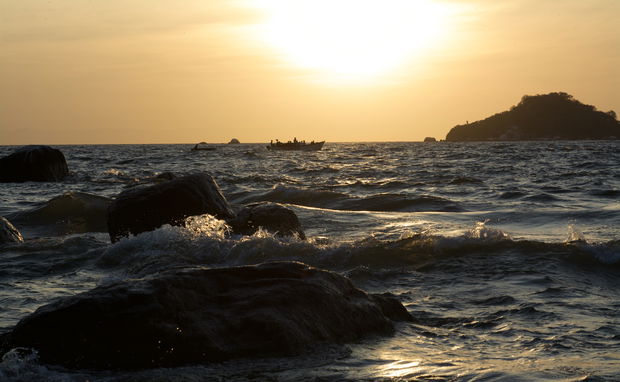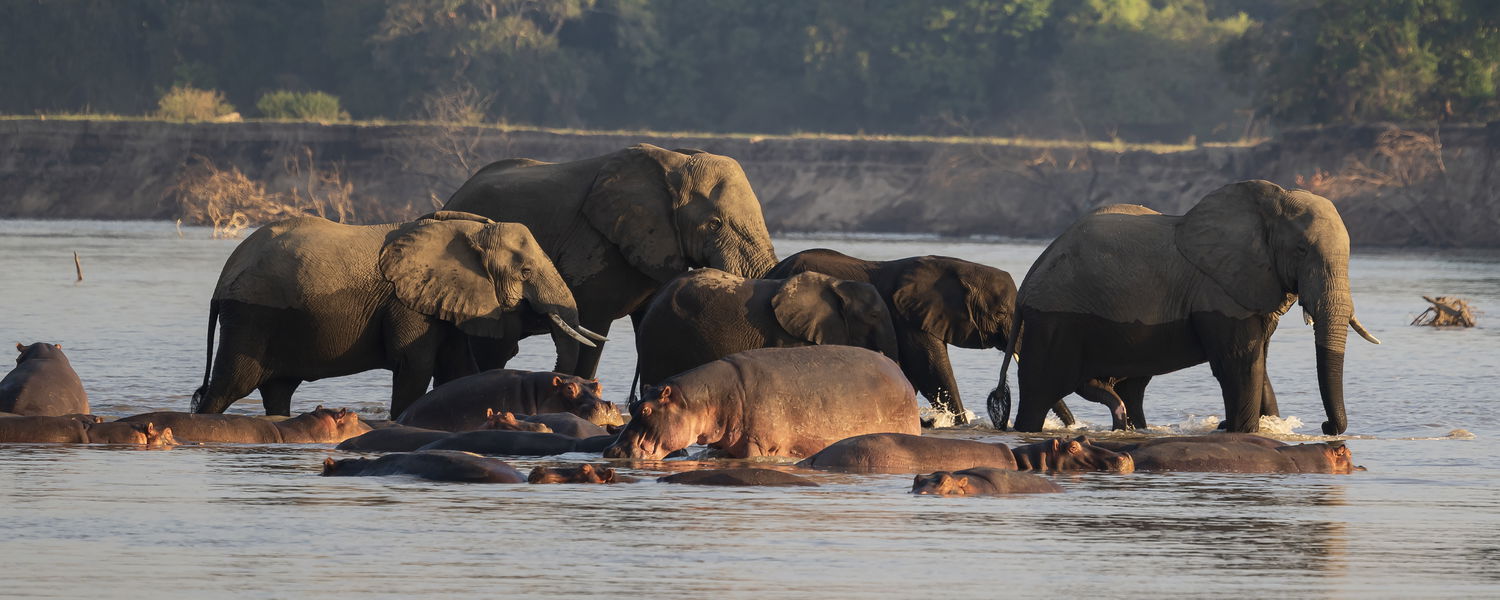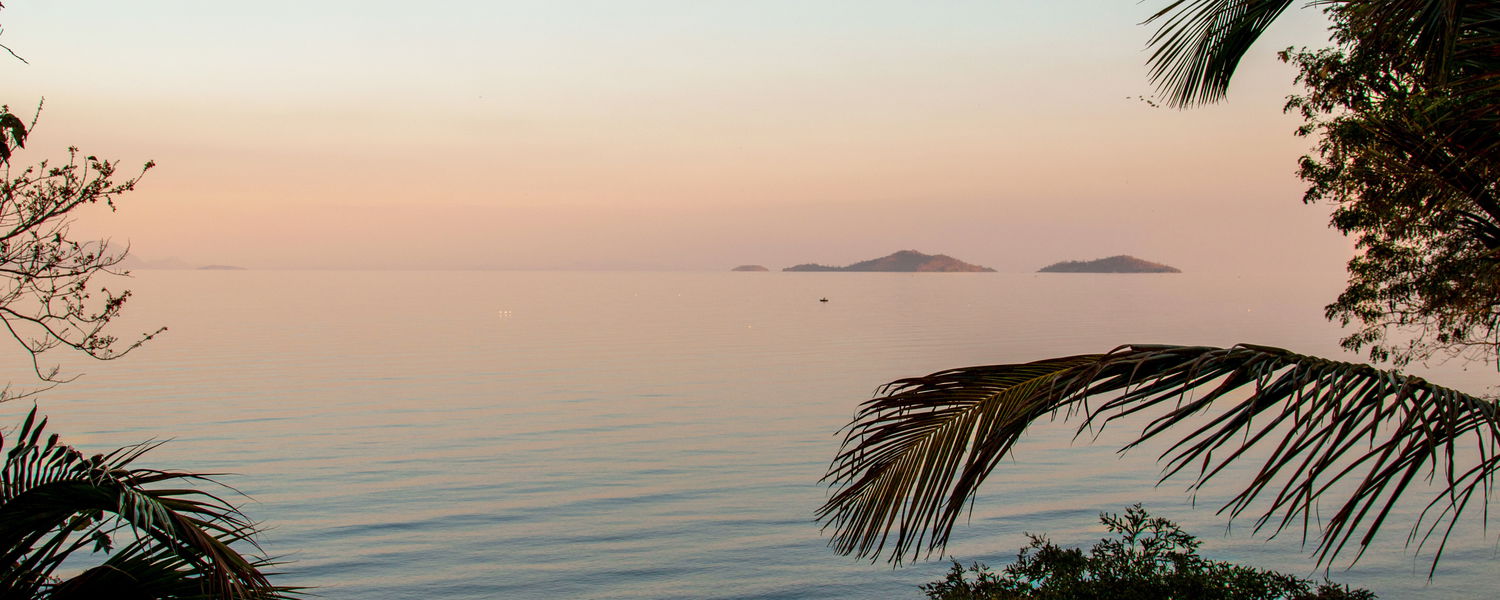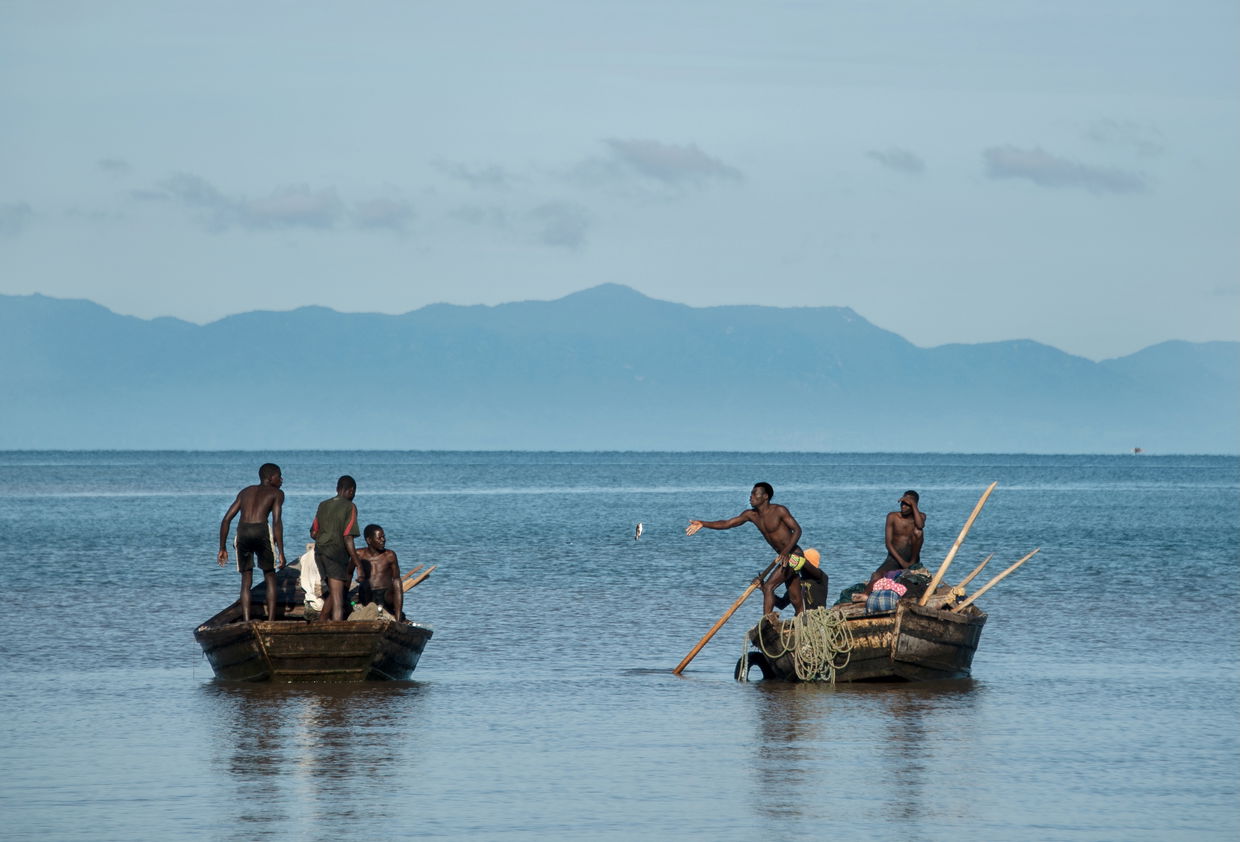Malawi, known as the "Warm Heart of Africa," is a destination full of friendly people, stunning lakes, and diverse wildlife. Before you embark on your journey. At Lowani Travel we think that it's beneficial to immerse yourself in the country's rich culture, history, and natural wonders. Here’s a selection of books and resources to enrich your understanding and experience of Malawi.
The History of Lake Malawi in a nutshell

Lake Malawi, one of Africa’s largest and most beautiful lakes, has a rich history that reflects both its natural significance and its impact on local communities. Stretching over 600 kilometers, it holds the title of the third-deepest lake in the world. Understanding the history of Lake Malawi offers insights into the cultural, ecological, and geographical developments of the region.
Ancient Formation
Lake Malawi was formed millions of years ago due to geological processes associated with the East African Rift Valley. Its origins are rooted in tectonic activity, leading to the creation of this vast freshwater body that has become a critical resource for both wildlife and human life.
For thousands of years, the lake and its surrounding areas have been inhabited by various communities. Evidence from archaeological studies shows that these early inhabitants relied on fishing and agriculture, showcasing the lake's significance as a source of sustenance.
Exploration and Cultural Exchange
In the 19th century, Lake Malawi attracted the attention of European explorers, notably David Livingstone, who shared accounts of his travels through the region. His reports highlighted the lake's size and beauty, bringing it into the public consciousness and sparking interest from missionaries and colonizers.
During this period, several ethnic groups, including the Yao, Tumbuka, and Chewa, settled around the lake, each contributing unique customs and traditions. Fishing remained a vital part of life, playing an essential role in the local economy and culture.
Colonial Influence
The late 19th century brought significant changes as British colonial powers began to assert control over the region. This colonial influence transformed traditional economies and lifestyles. Infrastructure improvements, such as roads and railways, were developed to facilitate trade and movement, but they also disrupted local customs and practices.
The introduction of non-native fish species during this time led to ecological changes that affected the lake’s biodiversity. Overfishing resulted in declining fish populations, raising concerns about the sustainability of the lake's resources.
Conservation Efforts
After gaining independence in 1964, Malawi recognized the importance of preserving Lake Malawi and its ecosystems. Efforts began to protect the lake's unique biodiversity, particularly its renowned cichlid fish species, which are celebrated for their variety and beauty.
Establishing the Lake Malawi National Park in 1980 marked a significant step in conservation. This protected area aims to safeguard the lake's environments and the species that inhabit them, demonstrating a commitment to environmental sustainability.
Current Significance
Today, Lake Malawi remains a vital resource for local communities, providing food, water, and opportunities for recreation and tourism. The lake's scenic beaches and diverse wildlife attract visitors seeking adventure and relaxation, contributing to the local economy.
However, Lake Malawi continues to face challenges such as pollution, climate change, and unsustainable fishing practices. Ongoing education and conservation initiatives are crucial to addressing these issues and ensuring the lake's health for future generations.
Conclusion
The history of Lake Malawi is a story of natural beauty intertwined with human culture and resilience. As a valuable resource for the people of Malawi, the lake has played an essential role throughout history. By understanding its past, we can better appreciate and protect this incredible natural treasure and the communities that depend on it.
Further Reading
Thursday, 5 December 2024 Sub-Saharan Africa’s Biggest Road Trip Event, in which anyone and any vehicle can enter, is returning to Malawi in 2025!
Zambia is a stunning destination with rich biodiversity, vibrant cultures, and breathtaking landscapes. At Lowani Travel we want you to make the most of your adventure. A great start to familiarize yourself with the country's history, wildlife, and local customs is by reading about Zambia. Here’s a curated list of books and resources to help you prepare for your trip to Zambia.








Share This Post